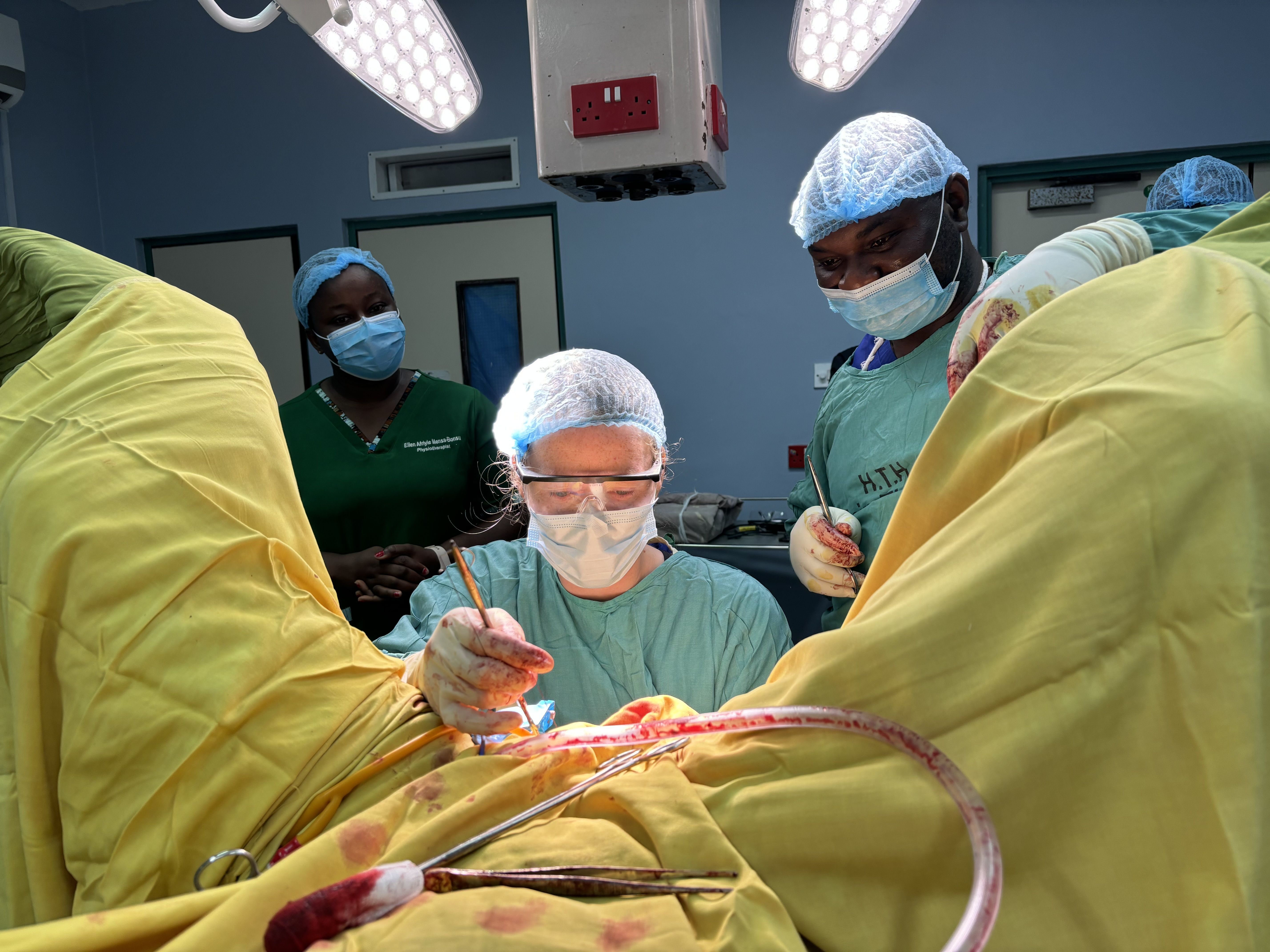Obstetric Fistula: A Silent Crisis Affecting Millions
- Over 2 million women and girls live with untreated obstetric fistula.
- Most are in sub-Saharan Africa.
- The condition is severe yet preventable.
What Is Obstetric Fistula?
- Obstetric fistula is a hole between the vaginal canal and the bladder or rectum, caused by prolonged or obstructed labor.
- It leads to uncontrollable leakage of urine or stool and often results in:
- Social isolation
- Severe health complications
- Premature death
- Stillbirth in ~90% of cases
- It is most common in areas with limited or no maternal healthcare.
What Causes Obstetric Fistula?
Several factors increase the risk of obstructed labor and fistula:
- Early Pregnancy
Adolescent girls may not be physically developed for childbirth, increasing labor complications. - Malnutrition and Poor Health
A weak or undernourished body makes delivery more difficult. - Limited Access to Healthcare
Lack of skilled birth attendants, emergency care, and transport raises the risk. - Harmful Cultural Practices
Child marriage, traditional beliefs, and limited reproductive education play a significant role.
Consequences of Obstetric Fistula
Obstetric fistula affects more than just the body. Its consequences include:
- Incontinence – constant leakage of urine or feces
- Social Isolation – shame and stigma often force women into seclusion
- Infections & Kidney Problems – due to prolonged exposure
- Stillbirths – nearly 9 out of 10 women with fistula lose their babies during delivery
Prevention and Treatment
Prevention
The best way to prevent fistula is by strengthening maternal health systems through:
- Access to skilled birth attendants
- Emergency obstetric care
- Family planning services
- Education to delay early pregnancies and end harmful practices
Treatment
Obstetric fistula can be cured through surgery.
- Timely diagnosis and access to surgical repair are key to restoring health, dignity, and quality of life.
- Many women go on to live healthy, fulfilling lives after treatment.
Together, We Can Help End Obstetric Fistula
With the right care, no woman should suffer from this preventable condition. Learn how you can support efforts to improve maternal health and bring hope to millions.

